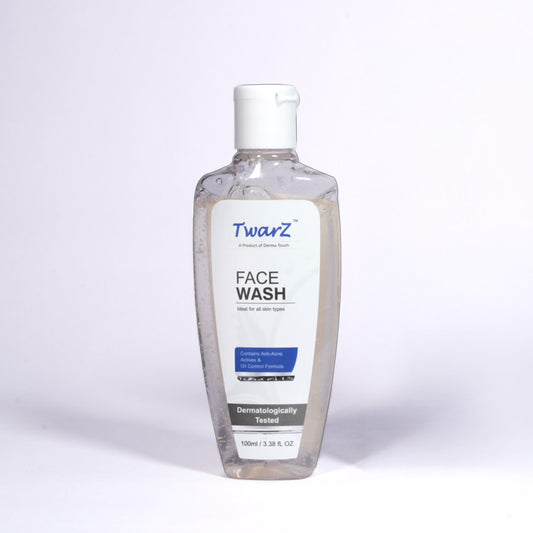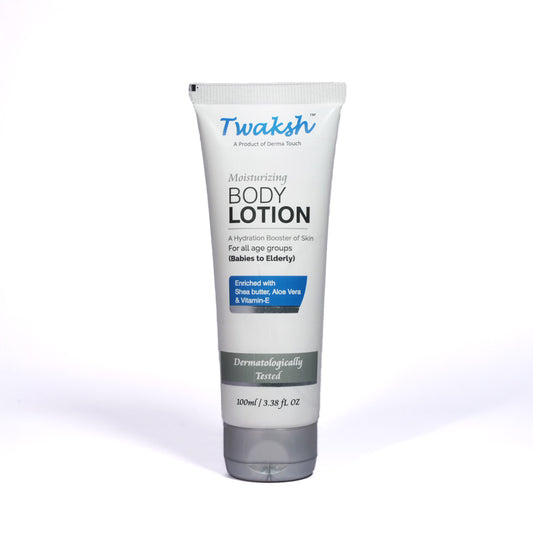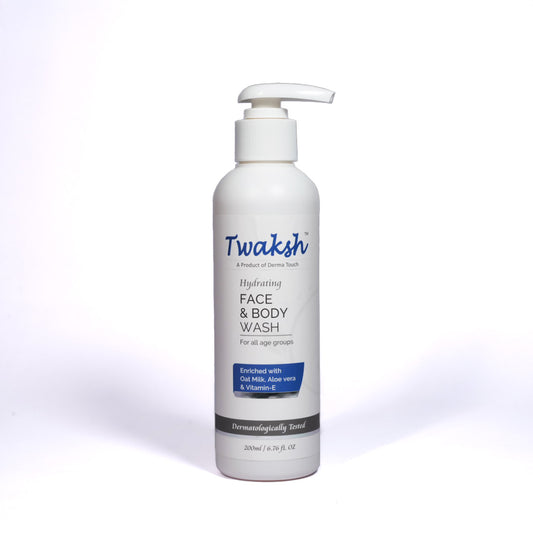4 Common Indian Skincare Myths That Are Secretly Damaging Your Skin
Introduction: The Unsolicited Advice We All Grew Up With
We’ve all been there. A small pimple appears, and suddenly you’re drowning in advice from every corner. Your Dadi insists a besan ubtan will fix it, your neighbourhood aunty swears by rubbing a lemon slice, and your college friend tells you to just skip moisturiser. In India, skincare advice is a tradition, passed down through generations like family recipes. And while there’s wisdom in some of our age-old practices, many of the most common beliefs are, to put it simply, myths.
It's time to lovingly set aside the 'gharelu nuskhe' that don't work and embrace skincare that is backed by science. Let’s break down four of the biggest Indian skincare myths you’ve probably believed your whole life.
Myth 1: “Your Skin is Oily? You Must Not Use Moisturiser.”
The Belief: This is perhaps the most common misconception, especially in a country with humid weather like India. The logic seems simple: if your skin is already producing excess oil (sebum), adding more cream on top will only make it greasier and cause breakouts.
The Hard Truth: False
Skipping moisturiser is one of the worst things you can do for oily, acne-prone skin. When you wash your face, you strip away its natural oils. If you don't replenish that moisture, your skin goes into panic mode. It thinks it's too dry and overcompensates by producing even more oil to protect itself. This vicious cycle leads to clogged pores, shininess, and yes, more pimples.
Healthy skin needs a balance of oil and water (hydration). Oily skin has enough oil, but it often lacks water. The key is to give it the right kind of hydration.
What to Do Instead: Look for a moisturiser that is lightweight, non-comedogenic (meaning it won’t clog pores), and gel-based or water-based. A product like the Twarz Moist Face Moisturizer is formulated specifically for this. It provides essential hydration without feeling heavy or sticky, helping to regulate sebum production over time. So, the goal isn't to dry your skin out, but to give it the balanced hydration it’s thirsty for.
Myth 2: “If Your Skin is Fair, it Must be Healthy.”
The Belief: For decades, the Indian beauty standard has unfortunately linked fairness with health and beauty. The obsession with being ‘gora’ has led many to believe that a lighter skin tone automatically equals healthy, beautiful skin.
The Hard Truth: False
Skin colour is determined by melanin, and it has absolutely nothing to do with skin health. Healthy skin has a universal definition, regardless of its shade. It is well-hydrated, has a strong barrier, feels smooth, has an even texture, and radiates a natural glow. You can have fair skin that is dehydrated, damaged, and full of acne, just as you can have deep, dusky skin that is flawless and glowing.
The focus should never be on changing your skin colour, but on improving its overall health and radiance.
What to Do Instead: Shift your skincare goal from "fairness" to "brightness" and "clarity." This means targeting issues like dullness, dark spots, and uneven skin tone, which can affect anyone. Incorporating a well-formulated serum with ingredients that boost radiance is key. For instance, the Twarz Bright Serum is designed to enhance your skin’s natural glow and tackle pigmentation, helping you achieve luminous, healthy skin, whatever your complexion may be.
Myth 3: “Natural, Kitchen Ingredients are Always Safer than Store-Bought Products.”
The Belief: "It's from nature, it must be pure and safe." We love our DIY face packs made from kitchen staples like lemon, turmeric (haldi), tomato, or baking soda. The assumption is that because they are "chemical-free," they can't possibly harm our skin.
The Hard Truth: False
This is a dangerous myth. While some natural ingredients are beneficial, using them raw can cause serious problems. Your skin has a delicate pH balance (the acid mantle) that protects it from bacteria and irritation.
- Lemon Juice: Is extremely acidic and can disrupt this barrier, causing photosensitivity (making you more prone to sun damage), burns, and hyperpigmentation.
- Baking Soda: Is highly alkaline, which can strip your skin of its natural oils, leading to severe dryness and irritation.
- Kitchen Turmeric: The kind we use for cooking can often stain the skin and may contain additives. Cosmetic-grade turmeric (like Kasturi Manjal) is different.
Science-backed products are not the enemy. In a lab, chemists can extract the beneficial compounds from natural ingredients, formulate them at a safe and effective concentration, and ensure the final product is pH-balanced and stable.
What to Do Instead: Trust products that have been dermatologically tested and formulated by experts. These products harness the power of nature in a controlled, safe way. Whether it’s a gentle yet effective Twaksh Body Lotion for your body or a nourishing Vlasy Conditioner for your hair, tested formulations ensure you get the benefits without the risks of a DIY experiment gone wrong.
Myth 4: “You Only Need Sunscreen During Hot Summers or at the Beach.”
The Belief: If the sun isn’t scorching hot or if it's a cloudy monsoon day, you don't need sunscreen. Sunscreen is for preventing a tan or a sunburn, which only happens in summer.
The Hard Truth: False
This is one of the most damaging myths for Indian skin, which is naturally more prone to pigmentation. The sun emits two main types of harmful UV rays:
- UVB rays: These cause sunburn and tanning. They are strongest in the summer.
- UVA rays: These cause long-term damage like wrinkles, fine lines, collagen breakdown, and pigmentation. UVA rays can penetrate clouds and glass windows, and they are present with the same intensity all year round, whether it's a sunny May afternoon, a cloudy August day, or a chilly January morning.
More than 90% of premature ageing is caused by unprotected sun exposure.
What to Do Instead: Make sunscreen a non-negotiable part of your daily routine, 365 days a year. It's the single most important thing you can do for your skin's health and longevity. Find a broad-spectrum sunscreen that protects against both UVA and UVB rays. The Twarz Guard Sunscreen Lotion is an excellent choice as it’s formulated to be lightweight and comfortable for daily use, making it the best sunscreen for all seasons in the Indian climate. Apply it every morning as the last step of your skincare routine, even if you’re staying indoors.
Conclusion: Be a Smarter Skincare Consumer
The world of skincare can be noisy, especially with generations of well-meaning but often incorrect advice. It’s time to move past the myths and start listening to your skin and to science. Instead of falling for every quick fix you hear, invest in well-researched, dermatologist-tested products that are created with your skin’s health as the top priority. Your skin will thank you for it.
We’ve all been there! Which one of these skincare myths did you believe for the longest time? Drop a comment below – let’s chat!






